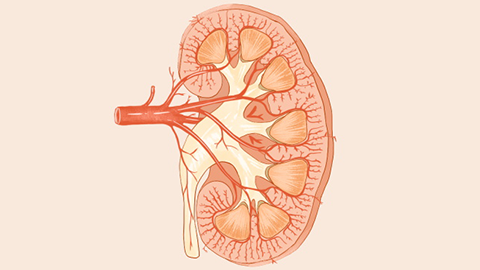Should I treat spleen deficiency first or kidney deficiency first?
Generally, whether to treat spleen deficiency or kidney deficiency first depends on the severity of symptoms. If spleen deficiency symptoms are more prominent, regulating the spleen may be prioritized; if kidney deficiency manifestations are more significant, nourishing the kidney may come first. Both conditions can also be addressed simultaneously. If uncertain, it is recommended to seek medical advice in advance. Detailed analysis is as follows:

If spleen deficiency symptoms are apparent, such as poor appetite, abdominal distension, and loose stools significantly affecting daily diet and mental condition, the spleen should be prioritized in treatment. Strengthening the spleen can promote digestion and absorption, providing sufficient nutrition for the body and laying the foundation for subsequent kidney nourishment. In this case, treating spleen deficiency first is more appropriate.
If kidney deficiency symptoms are prominent, such as soreness and weakness of the waist and knees, significant fatigue, reduced sexual function, and significantly impacting daily life, kidney nourishment should be prioritized. Improving overall condition through nourishing kidney essence while also supporting spleen health to prevent spleen deficiency from interfering with kidney nourishment. In such cases, treating kidney deficiency first is advisable.
When managing both spleen and kidney deficiencies, dietary adjustments and lifestyle modifications should be incorporated, avoiding excessive fatigue. If symptoms do not improve after self-management, timely professional assistance should be sought to develop an appropriate individualized plan. Never take medication blindly.




